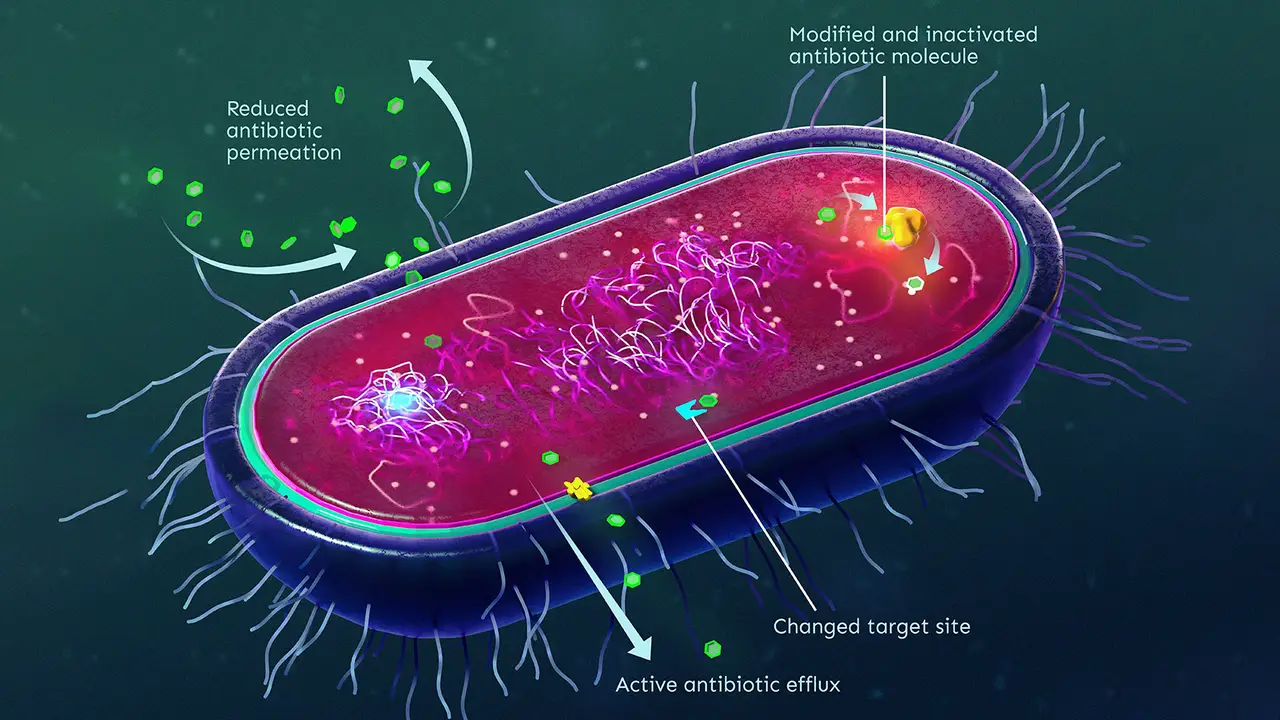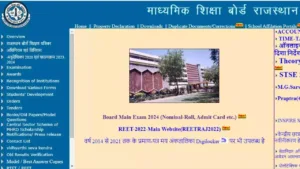Antimicrobial resistance (AMR), the ability of microbes to resist the drugs designed to kill them, poses a grave threat to human health, ranking among the top 10 global public health challenges. This silent pandemic silently claims lives and threatens to undo decades of medical progress.
The Stakes are High: A Global Crisis
Imagine a world where routine surgeries become life-threatening due to untreatable infections. That’s the alarming reality we face if AMR isn’t addressed. The World Health Organization estimates that annually, 1.27 million deaths are directly attributable to bacterial AMR, with a staggering 4.95 million deaths linked to it. These numbers are expected to rise exponentially in the coming years.
Why Are Microbes Resisting?
The emergence of AMR stems from several factors:
- Overuse and misuse of antibiotics: In human medicine, unnecessary prescriptions and incomplete treatment courses fuel resistance. Similarly, overuse in livestock farming for disease prevention and growth promotion contributes significantly.
- Lack of new antibiotics: With limited investment in research and development, the pipeline for new antibiotics is drying up, leaving us with fewer weapons against increasingly resistant microbes.
- Global spread of resistant strains: Globalization facilitates the rapid movement of resistant bacteria, posing a worldwide threat.
The Ripple Effect: Beyond Human Health
AMR doesn’t just impact human health; it has far-reaching consequences:
- Food security: Antibiotic use in agriculture threatens food production by promoting resistant bacteria in animals and foodborne pathogens.
- Economic burden: Treating resistant infections is expensive, putting a strain on healthcare systems and individuals.
- Environmental impact: Discarded antibiotics and resistant bacteria end up in our water and soil, creating long-term environmental problems.
A Glimmer of Hope: Fighting Back
The fight against AMR demands a multi-pronged approach:
- Stewardship programs: Promoting judicious use of antibiotics in both human and animal health is crucial.
- Investing in research and development: We need new antibiotics, diagnostics, and vaccines to stay ahead of the curve.
- Strengthening surveillance: Tracking resistance patterns helps inform public health interventions.
- Public awareness: Educating individuals about responsible antibiotic use and the dangers of AMR is essential.
Urgent Action is Needed: Time is Running Out
AMR is a complex problem with no quick fixes. However, collective action from governments, healthcare professionals, individuals, and industry can mitigate this threat. With increased awareness, commitment, and investment, we can ensure that antibiotics remain effective for generations to come.
Remember, every action counts:
- Ask your doctor if antibiotics are truly necessary before taking them.
- Complete your entire antibiotic course as prescribed, even if you feel better.
- Support the development of new antibiotics through research initiatives.
- Spread awareness about AMR in your community.
Our future depends on it.













